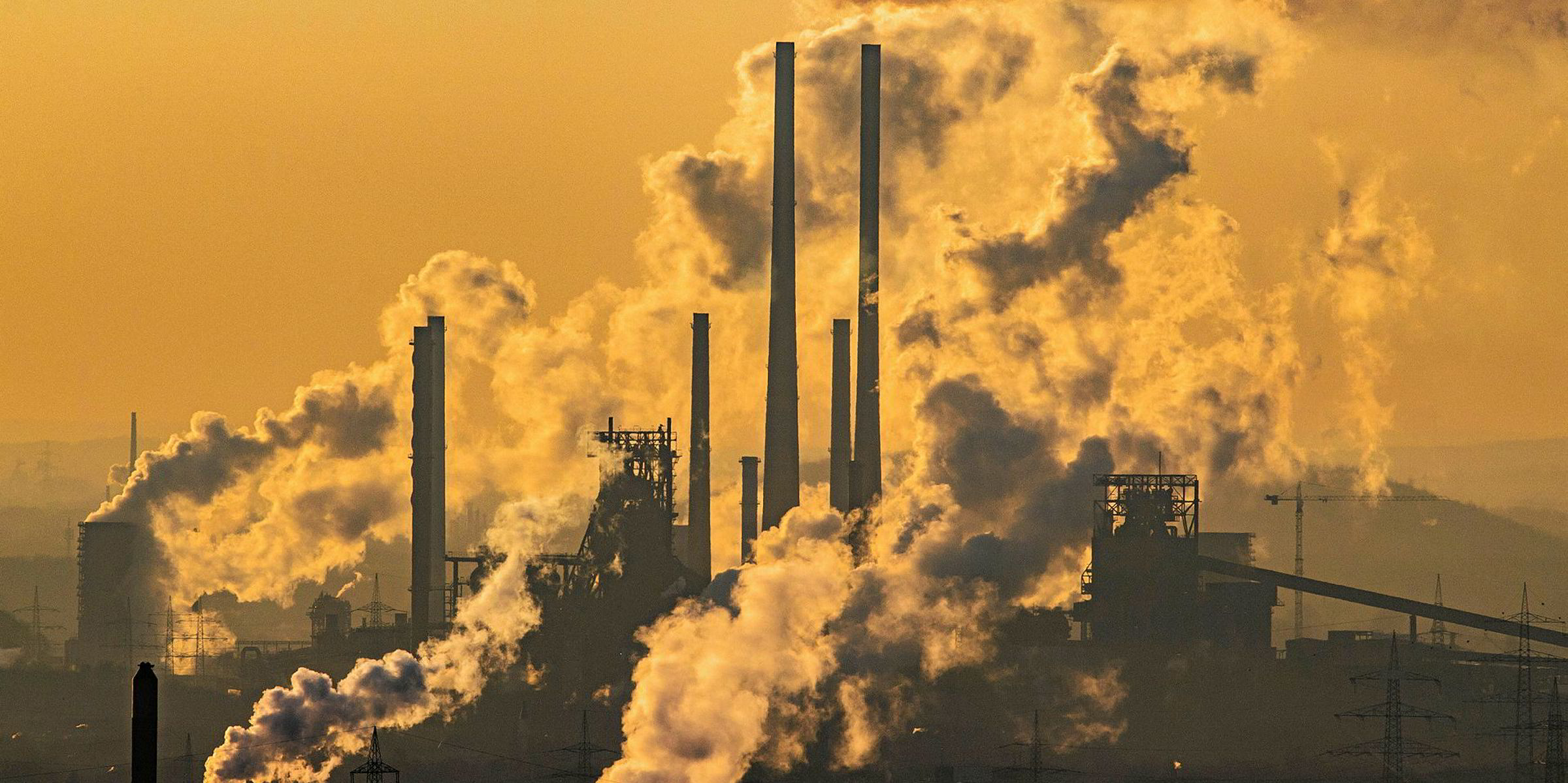The impact of the coronavirus on Europe’s largest economy could help Germany to still achieve its 2020 climate targets, environment minister Svenja Schulze and the head of the country’s environmental protection agency, Dirk Messner, said when presenting 2019 emission figures.
Germany’s greenhouse gas emissions last year fell by 6.3% from 2018, the biggest annual reduction since 1990, driven by advances in the energy sector. With last year’s reduction, emissions have receded by 35.7% since 1990.
That brings Germany close to its goal to push down emission by 40% by 2020 (compared to 1990 levels), especially if an expected economic recession amid factory closures and lower power consumption due to the Coronavirus are added to already ongoing climate efforts.
“We will witness a reduction of emission due to Corona. That is obvious,” Messner is quoted as saying on the Die Zeit newspaper.
Schulze added, however, that it is no use if emissions fall one year, only to go up again during the following year.
“In the energy industry, reforms of the European emission trading system are becoming noticeable now in a positive manner, as does the build-up of wind and solar energy,” Schulze said.
“This expansion urgently must continue.”
Germany’s onshore wind additions have stalled last year due to a toxic mix of lawsuits by not-in-my-backyard (Nimby) groups, a slow permitting process, and ill-designed tendering mechanisms in past years.
Comparing the Coronavirus crisis to global heating, Messner said on the ARD public television: “If we don’t advance climate protection massively in Germany, Europe and on a world-wide level, we will get into a global crisis modus.”


